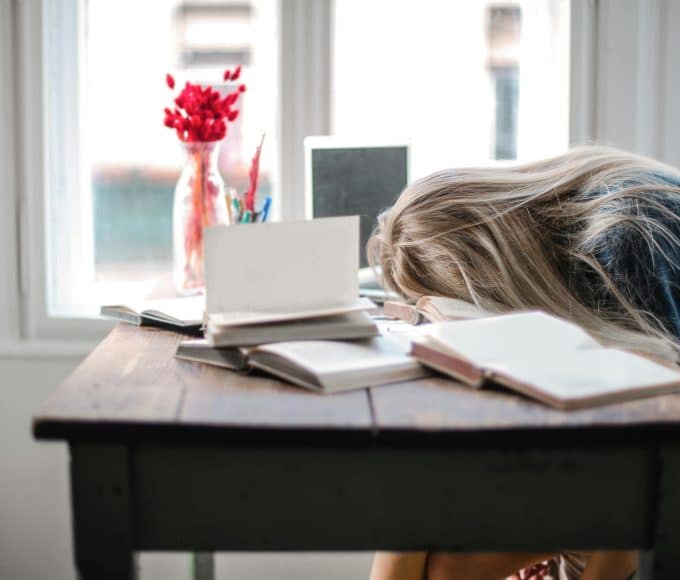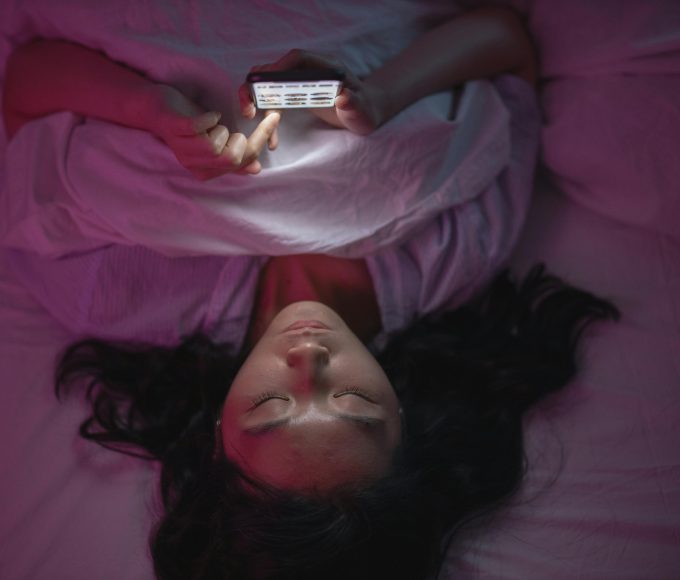No matter what our definition of “beauty” may be, feeling comfortable in our skin can be challenging at times. Chances are that the one thing we look critically at in the mirror may be something that other people barely even notice. For people with rosacea, this chronic skin condition can be very taxing on self esteem and may even impact their social life.
What is rosacea?
Rosacea is a skin condition most easily recognized by a general redness of the face or even areas of the chest or neck. Some of the symptoms include blushing or turning red easily, burning or feeling heat in the face, sores that resemble acne or even watery or bloodshot eyes. These symptoms are most frequently fleeting but will return time and again and most frequently begin around the age of 30. Women are at higher risk than men and those with fair skin who blush easily are also thought to be at an elevated risk. While this condition is irritating for those experiencing it, there is no real health risk associated with the condition. Unfortunately there is no cure either, but there are ways to help reduce breakouts and also ways to keep your confidence intact.
Why does is it have an impact on social life for some?
When you are trying to put your “best foot” forward, it has more to do with your face than your feet, at least when it comes to first impression. Like anyone who has something potentially different about them than others, there can often be a lot of social anxiety surrounding being out in public. They often wonder ‘will people think something is wrong with me?’ or ‘will they stare?’ and other anxiety-ridden questions. Truth is, we are all human and most of us have something that makes us uncomfortable about our own appearances. For those who are irritated by their rosacea, there are certain steps that can be taken to reduce the appearance of redness on the skin.
Avoiding Triggers
While there are many potential triggers that bring on an outbreak, once a person has lived with rosacea long enough they begin to notice a pattern in their lifestyle and the health of their skin. Some common dietary triggers include sour cream, yogurt, eggplant, avocados, spicy foods, citrus and spinach. Other factors may include temperature related triggers like hot baths or showers, hot weather or saunas. Certain drinks, medical conditions or medications may also be triggers as well.
Coping
Depending on the type of rosacea, there are medical treatments that can help reduce redness and flair ups. Irritated skin can be soothed and the complexion can look much smoother. In addition, most cases can be improved with a bit of makeup or concealed if it makes the person feel more confident. Just be certain to avoid any type of irritating product that could make the situation worse.
Some of the most common ways that people accidentally make their rosacea worse is by using cosmetics that are not fragrance-free. Often the chemicals used to scent products can make the skin ever redder as it irritates the skin. If you are using a new product for the first time, it’s a good idea to test a small section of skin to make sure that a serious reaction will not occur. Also, as mentioned by Rosacea.org, when looking at labels, “allergy tested” is NOT the same as “hypoallergenic.”
In addition to these tips, rosacea sufferers should avoid using too many products as this can perpetuate the problem. It’s best to talk to a dermatologist before starting any skin care regimen.
Emily is a health and beauty blogger and you can see more about her background in skin care by visiting her website here.












